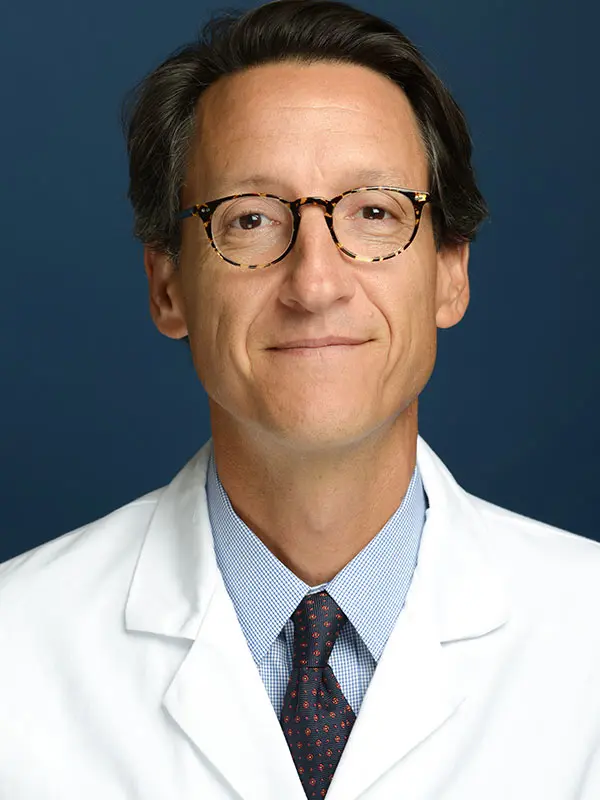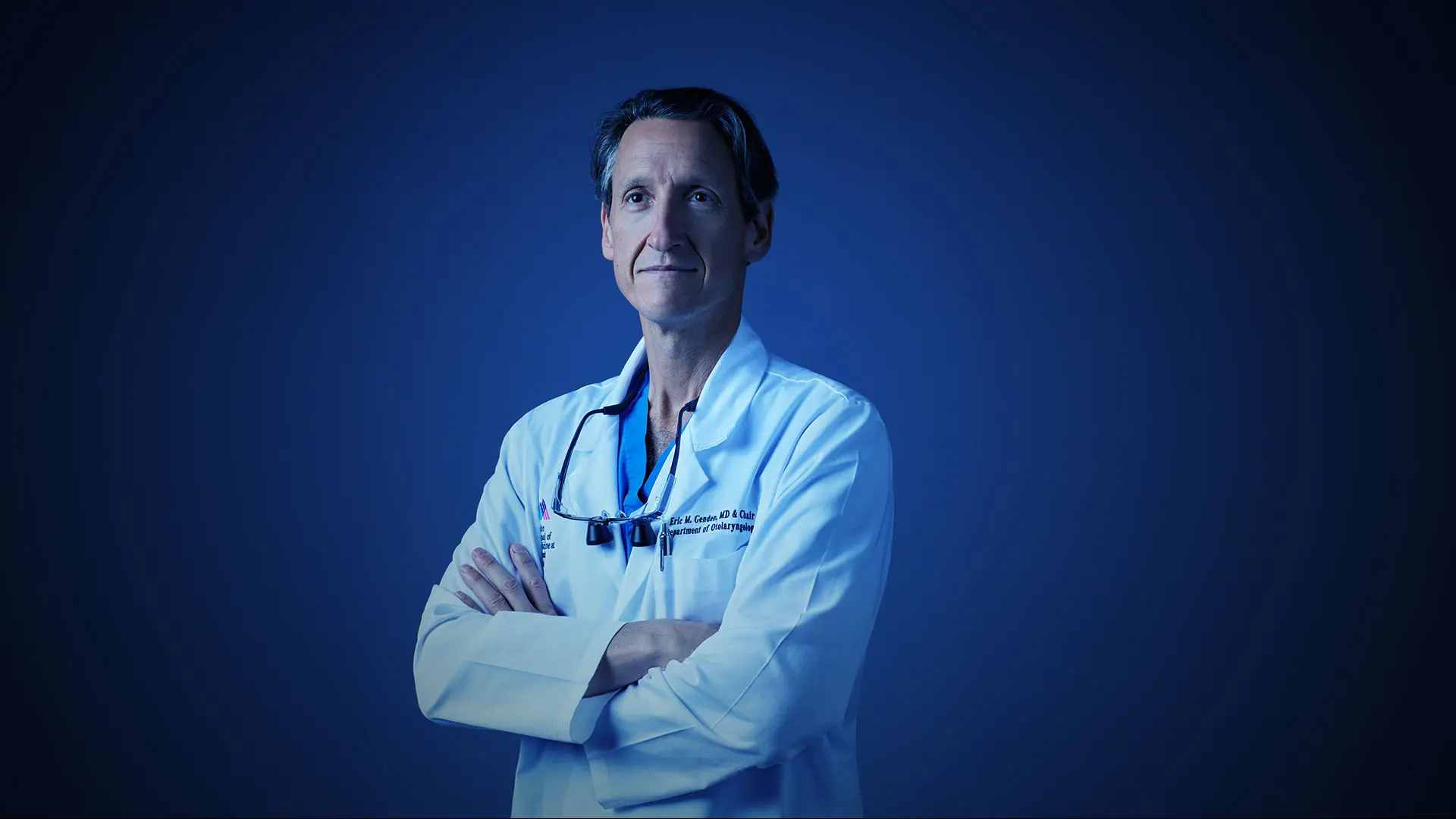“Unless you try to do something beyond what you have already mastered, you will never grow.”
Ralph Waldo Emerson
Challenging traditional treatment modalities, and ourselves, to boldly take the next step defined 2022 for the Department of Otolaryngology–Head and Neck Surgery at the Icahn School of Medicine at Mount Sinai. This commitment manifested in various forms: hiring pioneers in otolaryngology research, reenergizing a century-old rhinoplasty technique, elevating clinical trials to the next level, employing virtual reality for vestibular balance, and devising programs to equip aspiring researchers with personalized paths to success. Last year also marked two inaugural events—the Airway Research Symposium and the Skull Base Surgery Course at Mount Sinai, a comprehensive review of open and endoscopic approaches, which drew nearly 500 trainees from multiple disciplines around the world.
On the heels of completing the first donor tracheal transplant worldwide in 2021, Mount Sinai recognized the urgent needs of individuals suffering from tracheal injuries and patients with airway disorders post COVID-19 infection. This inspired the launch of the Institute for Airway Sciences in 2021 and the hiring of Ya-Wen Chen, PhD, who pioneered lung organoid research using human stem cells to better understand molecular mechanisms of lung and trachea regeneration. Within one year, she was appointed to Isidore Friesner Research Scholar.
We also recruited Alison May, PhD, Assistant Professor of Cell, Developmental and Regenerative Biology, and Otolaryngology, to continue her work with stem cell-mediated regeneration of multiple epithelial tissues in an effort to define causative mechanisms of upper airway disease, including chronic rhinosinusitis.
The Division of Laryngology received a grant to map the vocal folds and trachea, which Benjamin Laitman, MD, PhD, is spearheading. Additionally, the Sinai Robotic Surgery clinical trial advanced to a new phase, continuing the studies of deescalated radiotherapy post-transoral robotic surgery for oropharyngeal cancers, particularly those associated with HPV.
The Division of Rhinology, which has exponentially expanded clinical trials over the past few years, onboarded a study with Waypoint with the goal of shrinking nasal polyps using tezepelumab. The Skull Base Surgery Center team made significant strides with the 7-Tesla MRI for improved visualization of the relationship among acoustic neuromas and the cochlear and seventh cranial nerves in the internal auditory canal, in an effort to improve surgical outcomes.
Our Facial Plastic and Reconstructive Surgery team breathed new life into dorsal preservation rhinoplasty, a more than 100-year-old technique with enhanced nasal framework and structural integrity, and the Hearing and Balance Center at the New York Eye and Ear Infirmary of Mount Sinai did remarkable work utilizing virtual reality for vertigo diagnosis and treatment. All of this extraordinary work—in addition to our Research Scholars Program for four specialized trainees—is highlighted in this edition of the Otolaryngology Specialty Report.
Thank you for perusing the otolaryngologic developments at Icahn Mount Sinai in this year’s report.
Wishing you a productive and invigorating 2023.
Featured

Eric M. Genden, MD, MHA, FACS
Professor and Chair of Otolaryngology – Head and Neck Surgery
